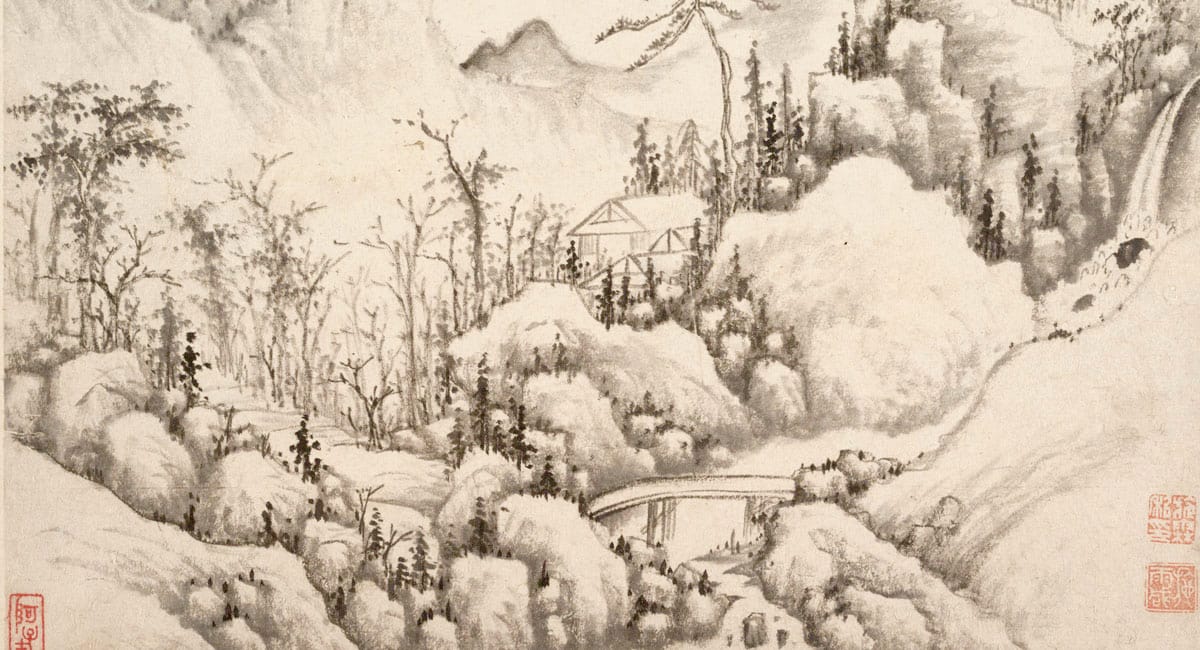If you’re thinking about doing long retreat, there are several things to keep in mind. First of all, what is your motivation? Are you doing it so you can come out and better serve others? Or are you doing it to add a credential to your spiritual resume? Some three-year retreats confer the title “Lama” to their graduates, and that can seduce people. The retreat should deflate your ego, not inflate it. You can progress rapidly in long retreat, or actually regress. It’s not for everybody. Probe deeply into your reasons for doing it.
Go into retreat with a beginner’s mind, and don’t expect anything.
Expectation is premeditated disappointment. Whatever you think will happen probably won’t. Be prepared to embrace whatever arises, and remember that meditation is habituating to openness. If nothing happens, that’s fine. If everything happens, that’s also fine. You may not get what you want from retreat, but you tend to get what you need.
On a deep level, you can’t really do long retreat, so drop your ambition and let the retreat do you. Surrender to the wisdom of the meditations, and allow yourself to be processed—even beaten—by their methods. This is not ignoble defeat, but noble subjugation.
Be prepared.
Meditation is the last of the three wisdom tools—hearing, contemplating, and meditating—three stages whereby we ingest, digest, and metabolize the teachings. If you don’t study and contemplate before entering retreat, you may get spiritual indigestion while in it. If you chew on the teachings before you try to swallow them, they will become you and you will embody them properly. Do your homework. Understand what you are doing and why. With each meditation, ask yourself: what does it mean to accomplish this practice?
As with the path itself, when you enter long retreat you’re asking for it. To wake up, karma has to be purified, and retreat is a karmic accelerator. The repressive mind relaxes in retreat and all kinds of crap comes up to be burned in the fires of your heightened awareness. Be prepared to face what you have stuffed (refused) into your body–mind as the refuse breaks loose and is flushed to the surface. And remember that as dark as some of it may be, beneath it all is pure brilliant light, your basic goodness. As Trungpa Rinpoche said, “Meditation isn’t a sedative. It’s a laxative.” If you’re lucky, you will get the shit blessed out of you.
Work hard.
It’s easy to get complacent in long retreat. Realize the preciousness of soaking in the dharma, and remember that retreat (and life) will be over so soon. Practice as if your hair is on fire. You will get out of it what you put into it.
But don’t work too hard.
Remember that the path can be summarized in one word: relaxation. We’re putting all this effort into study and practice when all we really need to do is relax and remember. As Milarepa said, “Hasten slowly.” Celebrate the discipline and enjoy yourself. You are extremely fortunate—never give up.
And finally, remember that meditation is not the point. Kindness and compassion are the point. If you are not becoming kinder, you are doing something wrong. On one level, the entire journey is about learning how to open your heart and love.

